
Watch
“We have to take our prayers and turn them into actions”
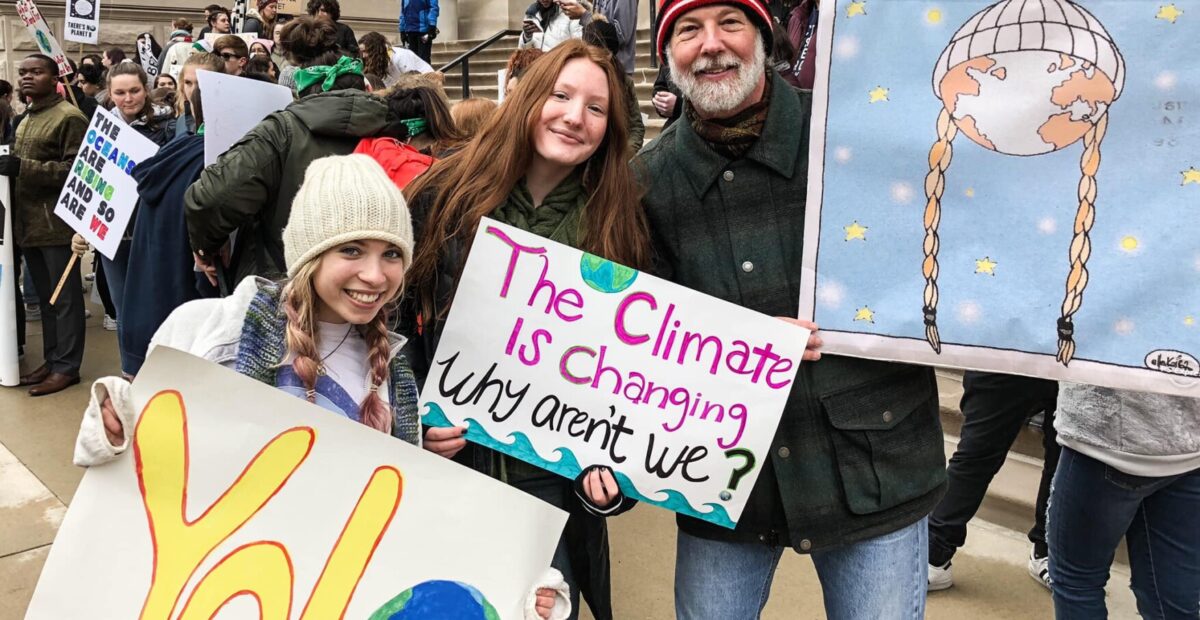
We met John Mundell, director of Mundell & Associates, an environmental consulting firm in Indianapolis, Indiana, USA. He has devoted his life to the environment and ecological conversion.
John Mundell is an Environmental Engineer who lives in Indianapolis, Indiana, USA, where his environmental consulting firm, Mundell & Associates Inc, is located. He’s the husband of Julie, the father of four sons and the grandfather of four grandchildren.
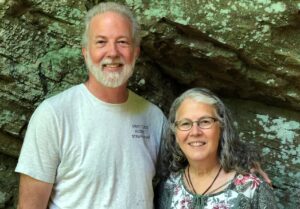
John says that the seed of caring for the environment was probably planted in him when he was 13 years old. “On the first Earth Day, 1970, I participated cleaning up pollution, cleaning up the roadways near my school. And at the end of that day, I was just filled with such joy because I saw how we could clean up the earth”.
A few years later, inspired by some of the great personalities who had studied at Purdue University in West Lafayette, Indiana, such as Neil Armstrong, the first person to set foot on the moon, and several Nobel Prize laureates, he decided to study engineering. And he discovered that there was a school at Purdue that combined engineering and geology and named it Geological Engineering.
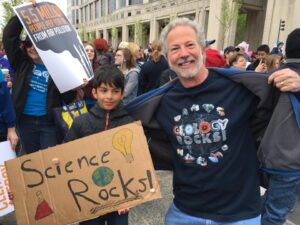
“At that time, I was more interested in putting roadways on the earth and building dams, skyscrapers and anything that had to do with putting and dealing with things on the Earth”, Mundell explains. Until the problem of pollution began to be reported by newspapers.
Cleaning up years of pollution: “That was the challenge”
In the late 1970s, the Love Canal disaster, a neighborhood of Niagara Falls that was built on a landfill, appeared in newspapers and television reports. Chemical pollution became part of the daily news. That is when the seed planted in John when he was 13 began to sprout.
“I thought this is an opportunity. I am interested in the Earth, and I also have this desire to help the environment and so, I became one of the first environmental engineers dealing with this in the United States and I began a career very early on, to help clean up all that pollution that had been put on the earth over the last several 100 years. That was the challenge”. John’s first years of work were dedicated to this aspect of the problem, transforming and remedying centuries of pollution.
Now the goal has evolved and is no longer just to remedy the pollution, but to seek solutions and clean energy to stop pollution at its roots, to remedy the past and secure the future.
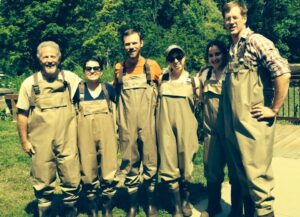
Remedy the past, secure the future
“As engineers we would look backwards on data that was collected for the last 100 years, and then try to predict the future. Climate change affects everything on the earth. It affects how much rainfall occurs in different parts of the world, it affects flooding of rivers and the rise of the Seas and all of those present engineering challenges”, John explains. “It’s been very difficult with climate change because we can no longer just look backwards. We must look forward to dealing with some of these challenges and so, some of the technologies that we’re using nowadays involve even things like machine learning and artificial intelligence to help predict things that have never happened”.
He is clearly motivated by the challenges and, like any good engineer, John loves looking for solutions. However, he too admits that “this is a difficult time, and one of the biggest challenges is making people wake up and realize that this is the problem of our day, and that we need to change not only our habits, but our way of life as a society”.
Laudato Si’ and the need for an ecological conversion
“You never know what happens when a Pope unleashes a communication,” John jokes, and then goes on to say: “I was very excited when I heard that he was going to write an encyclical on the environment. But because he had not issued very many things, we didn’t know if it was going to be very theological and philosophical, where you didn’t quite know how he’d incorporate that into everyday life? So, you can imagine my excitement when I began reading it, because the first few chapters deal with what is the condition of the earth as it is now. There was a lot of science and engineering and analysis. So, I was just blown over by the Pope’s willingness to consult those around him and provide a basis for this call to protect the planet to care for Creation”.
One thing in particular caught John’s attention, as it did for many other people: “The Pope’s call for an ‘ecological conversion’, to change our lifestyles. What he was talking about affected every one of us, and how we actually live out our faith. And how we live in society”.
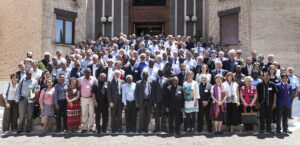
“Take our prayers and turn them into actions”
An engineer talking about conversion is not something you hear every day… so we had to ask John what an ecological conversion meant to him, since it is also the cornerstone of our Pathway campaign, #daretocare – people, the planet and our ecological conversion. His answer was very concrete: “When people say, ‘I’ve been converted to Christianity,’ it means I’ve changed my belief systems. It’s very rare that we talk about a conversion associated with something else. What I think is different here about being converted with just your belief system, is that this is also a conversion not only of the heart and the mind, but also of the hands and the legs”, John explains.
“The Pope is asking us for ecological conversion because it’s needed, because we’re all in this together. And that conversion is all about actionable items. We can no longer just only think, pray, or sit by the sideline and watch what’s going on. We have to take our prayers and our thoughts and turn them into actions. And that’s what’s exciting about ecological conversion. It’s me. It’s an action conversion, not just a conversion of belief”.
An ecological conversion is a conversion in action. Therefore, we take this opportunity to invite our readers to take seriously their commitment to the Earth, the #PlanetPledge by clicking here, to be concrete and visible your ecological conversion together with the conversion of many other people.
To see the entire interview with John Mundell, click here:



